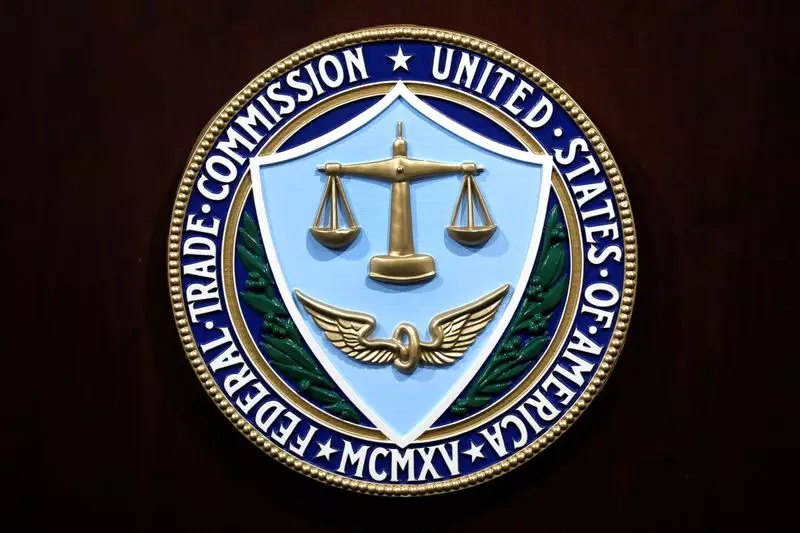Recent developments within the U.S. Federal Trade Commission (FTC) under the leadership of Chair Andrew Ferguson have sparked intense debate and drawn attention to the agency’s operational dynamics. The FTC’s scope to implement significant changes, particularly regarding diversity, equity, and inclusion (DEI) policies, reflects broader political tensions and questions surrounding the agency’s independence. Ferguson’s initiative to eliminate DEI references, following an executive order from former President Donald Trump, has magnified the ideological divide between Republican and Democratic commissioners.
Power Dynamics and Political Context
The decision by the Democratic majority in the commission to acquiesce to Ferguson’s authority is noteworthy. Historically, the FTC has operated with a degree of autonomy, insulated from direct political influence. Ferguson’s push to amend FTC documents signals a potential shift in this norm, where partisan strategies may dictate administrative policies. This raises crucial questions about the boundaries of executive power and the integrity of independent regulatory bodies. Furthermore, Ferguson’s stance against what he perceives as ‘left-leaning’ moderation on social media adds another layer to the political discourse enveloping the FTC.
Critics, particularly Democratic Commissioner Alvaro Bedoya, have expressed concerns that the focus on dismantling DEI initiatives diverts attention from pressing economic issues such as the rising cost of living. This sentiment underscores the broader implications of the FTC’s operations, where the intersection of policy and ideology can impact not only internal agency functions but also the wider public interest. The debate raises vital questions about the role of DEI in government agencies: is it a vital framework for justice and inclusion, or does it represent a politicized agenda that some commissioners are eager to dismantle?
Ferguson’s declaration that dissent against the President’s orders is impermissible underlines a fundamental ideological clash within the commission. The response from Commissioner Rebecca Slaughter, who insists on the obligation of the FTC to serve the Constitution rather than partisan interests, highlights this conflict. This bifurcation leads to broader implications for governance—where loyalty to party ideology can overshadow commitment to legal and ethical principles. The independence of regulatory bodies, like the FTC, hinges on their ability to operate devoid of political pressures that could distort their mandates.
As these developments unfold, the future of the FTC remains uncertain. The tension between adherence to presidential directives and the longstanding principles of independence raises significant issues about transparency and accountability within federal agencies. The ongoing struggle over DEI policies illustrates how operational directives can be marshaled as political tools, affecting the agency’s mission. As Ferguson’s authority expands, it is essential for policymakers, stakeholders, and the public to scrutinize the FTC’s evolving role in governance, ensuring that it aligns with constitutional mandates while effectively serving the interests of the American populace.

